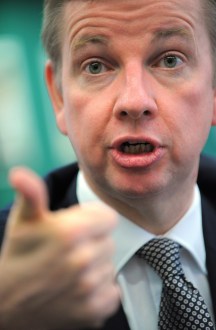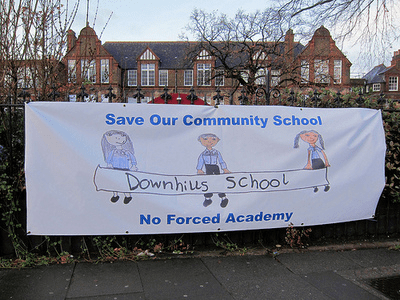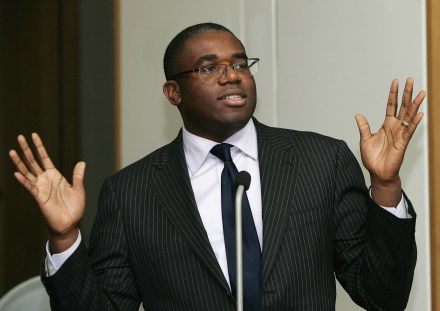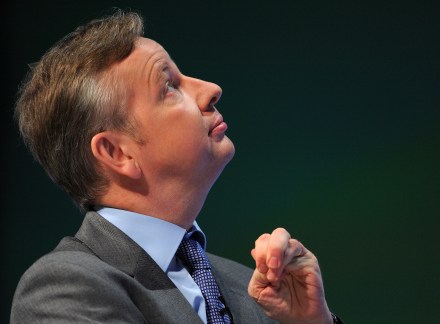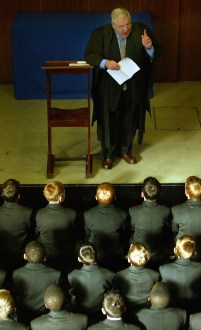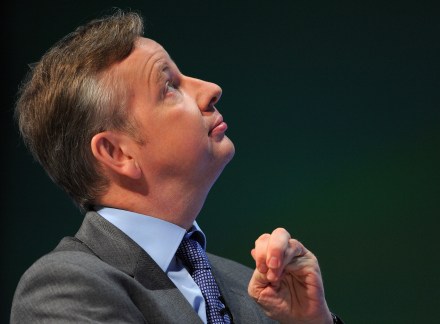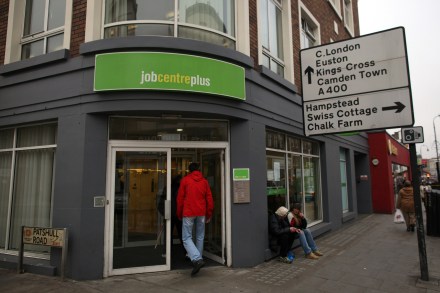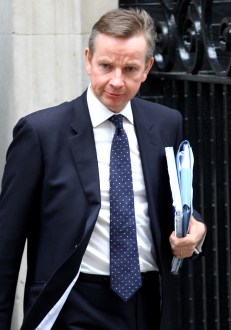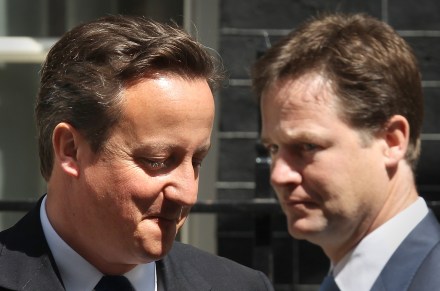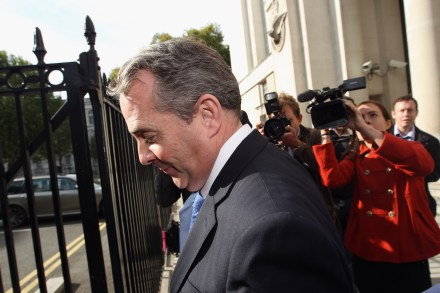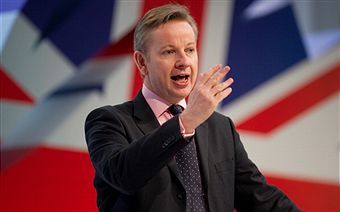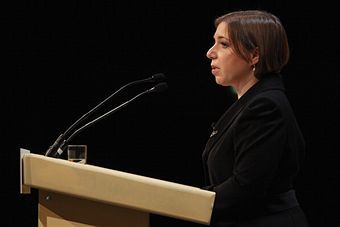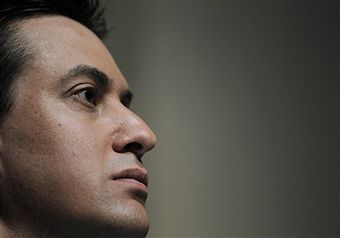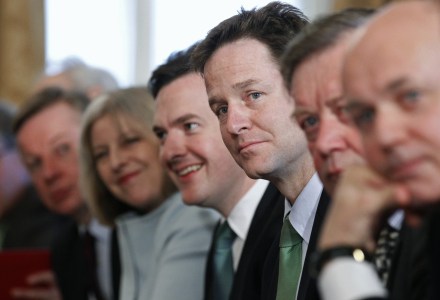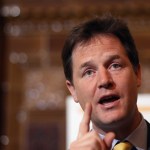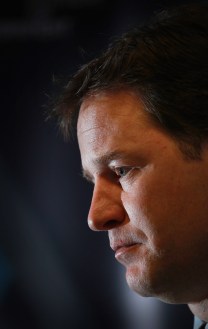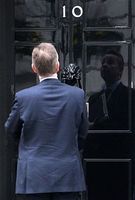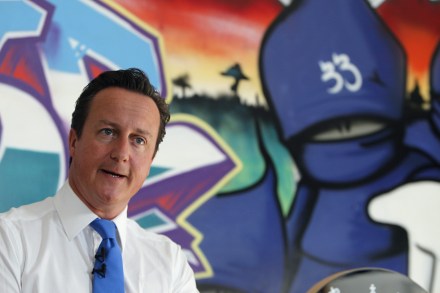Transcript: Gove on sacking teachers
This morning, the Education Secretary went on the Today programme to explain his plans to make it easier to sack teachers. Here’s the full transcript: James Naughtie: From the start of the next school year in England, head teachers will find it easier to remove teachers that are considered to be under-performers. The Education Secretary, Michael Gove, thinks the process is too cumbersome so it is being streamlined. The National Union of Teachers, as we heard earlier, says it could become a bullies’ charter. Well Mr Gove is with us. Good morning. Michael Gove: Good morning. JN: Bullies? MG: I don’t believe so. I think that actually if you have
